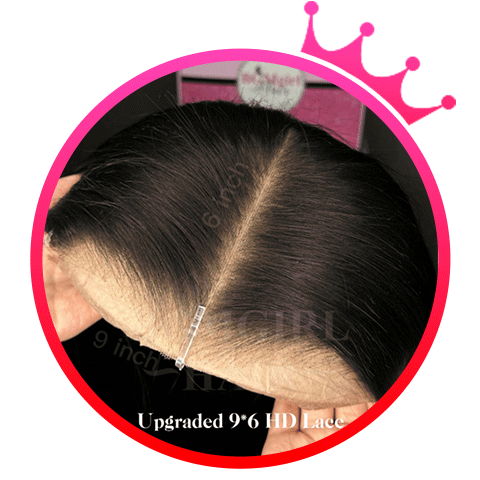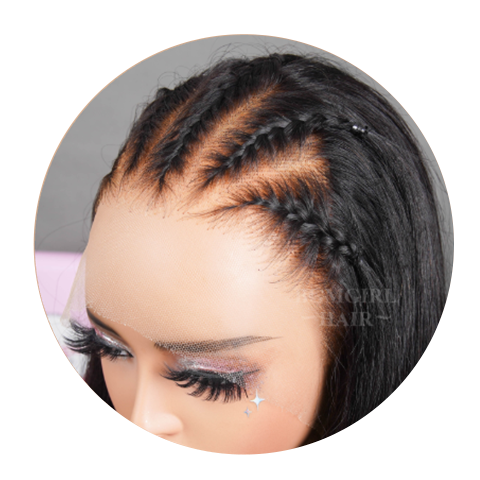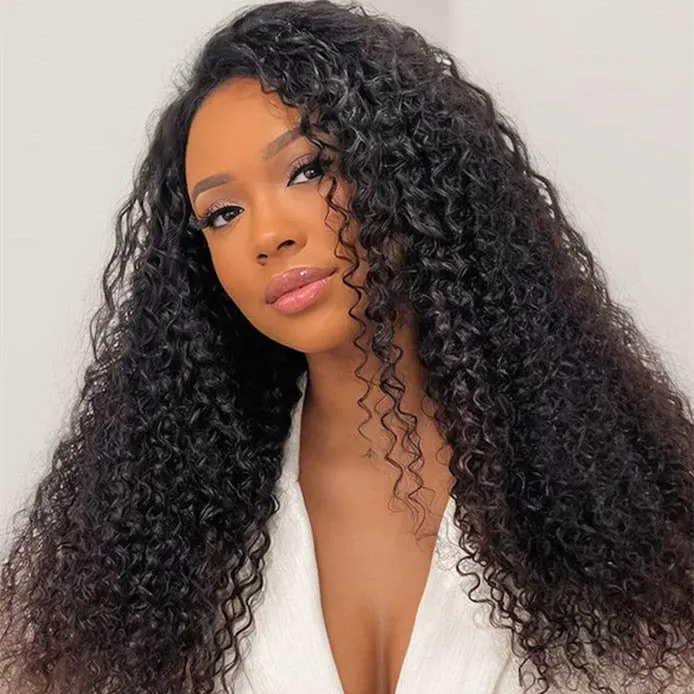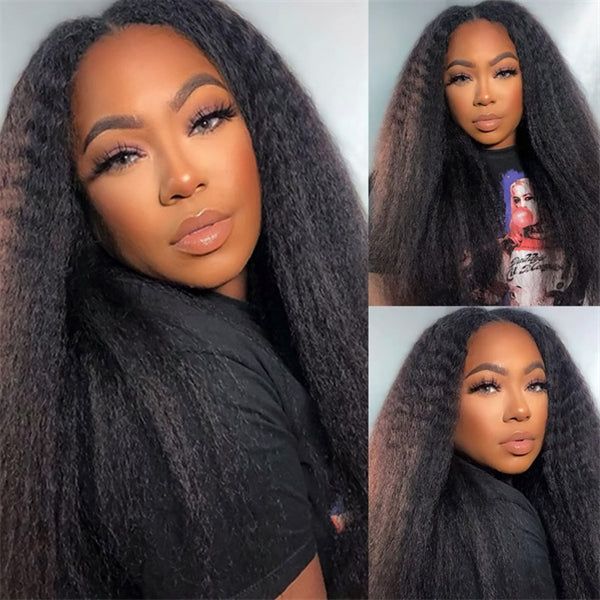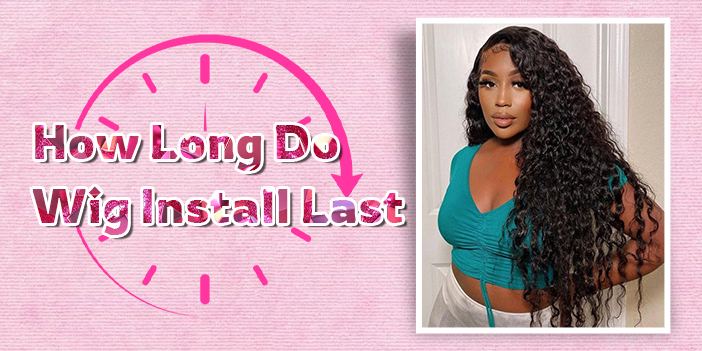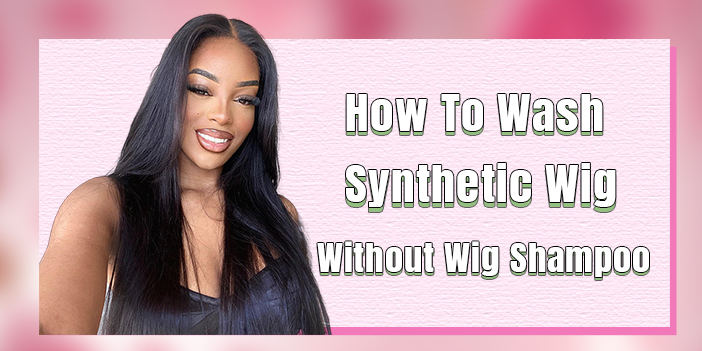
No wig shampoo, no way to wash the synthetic wig? If you think so, you are missing plenty. Today, let's make use of some common household shampoo alternatives to assist in turning your messy and greasy wigs into fluffy and clean ones—handy solutions for when your shampoo runs out.
Table of Contents ▼
Common Wig Shampoo Alternatives At Home
1. Baby Shampoo: The First Choice
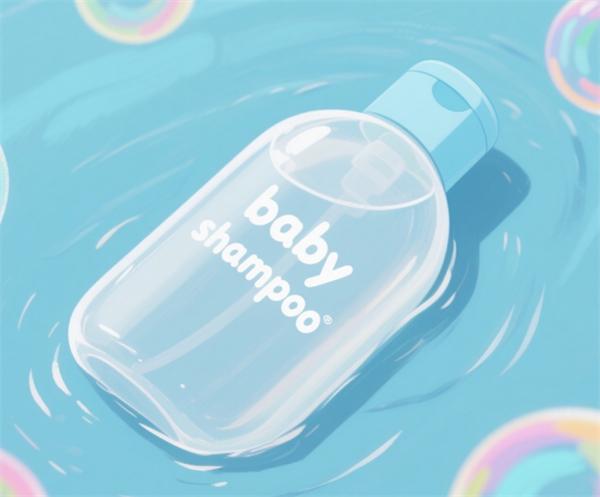
Baby shampoo is formulated to be gentle and free of strong alkalis, alcohol, fragrances, or other irritants. It offers moderate cleaning power, rinses easily, and leaves minimal product buildup—all of which make it a perfect match for fragile fibers of synthetic wigs or human hair wigs.
Advantages: Gentle and does not damage synthetic hair and human hair
2. White Vinegar: Keep Smooth And 0 Residue

The weak acid in white vinegar gently breaks down scalp oil and sweat in the dirty synthetic or human hair wigs, without a doubt. Besides, its natural softening ability works effectively on detangling and makes the hair smoother. What's most important is that it evaporates quickly, leaving almost no residue.
Advantages: Detangle, affordable, almost 0 residue after washing
3. Baking soda
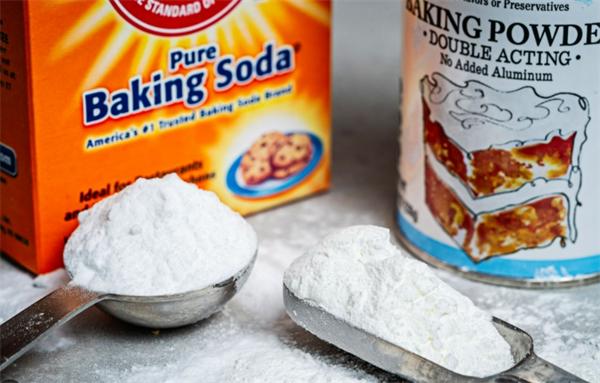
Baking soda's weak alkalinity effectively breaks down grease and solid residue (such as wax and hairspray) that can cause stickiness in hair. Gently rubbing the solution into your hair can provide a deep clean. However, it's important to control the concentration of baking soda to avoid over-cleansing, which can dry out hair.
Advantages: Deep cleansing
4. Fabric Softener
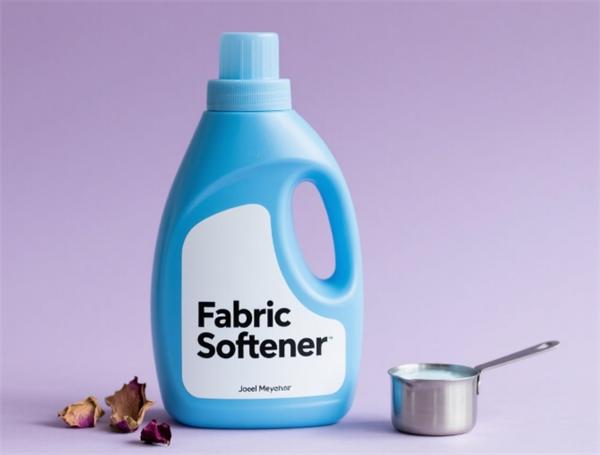
Fabric softener uses cationic surfactants to bind to the surface of artificial hair in synthetic wigs, smoothing out rough, tangled strands. It absorbs dust and light stains too. Electrical charge helps clean. It softens the wig. Keeps it soft and fluffy.
Suitable uses: Hair with little dust. Or hair feels dry, lacks shine. After using baking soda to remove oil.
Advantages: Improves smooth and aids in cleaning
5. Aloe Vera Gel
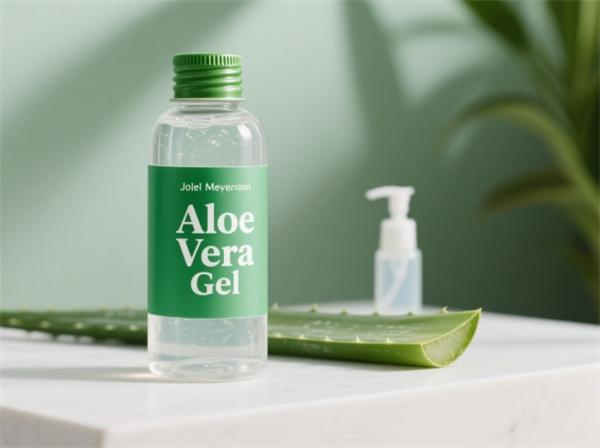
Aloe vera gel is rich in polysaccharides and amino acids, which absorb dust, light oil, and other stains from the surface of synthetic fiber wigs or human hair wigs. Its mild, slightly acidic nature also replenishes moisture, alleviating the roughness and stiffness caused by dryness.
For emergency cleaning, such as if your wig is stained while out and about, gently rub a small amount of aloe vera gel on it. This quickly and easily removes the stain without leaving a noticeable mark.
Advantages: Absorb dust, and adds moisture
6. Dish Soap
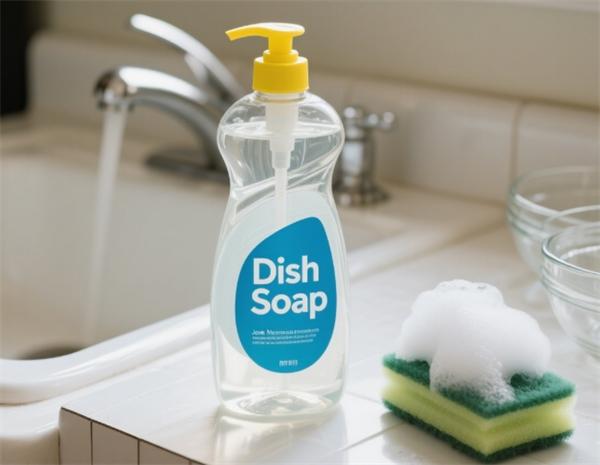
Dish soap is weakly alkaline, and its main component is surfactant. This kind of substance has an emulsifying effect, which can break down the grease stains on the synthetic wig or human hair wigs into small molecules, making it easier to be washed away by water.
Advantages: Strong cleaning power
7. Cornstarch

Apply cornstarch to the wig and gently rub it in (either by hand or with a brush). The starch particles absorb and lift surface oils from the fibers. Afterward, shake or brush off the excess starch, which has carried away the dirt. This is a gentle dry cleaning option that don’t need water.
Advantages: Easy and quick washing without water
8. Dry Shampoo
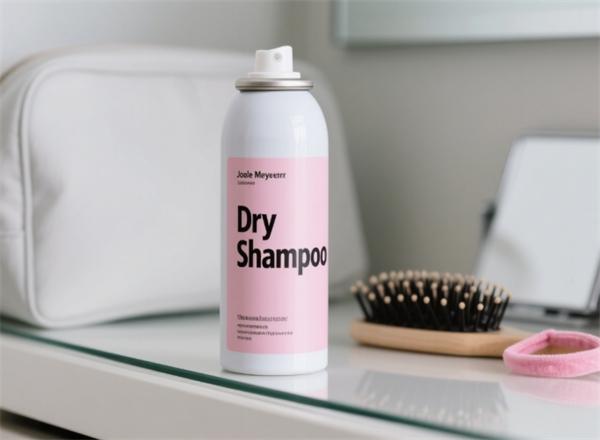
Dry shampoo, typically made with ingredients like rice starch, talc, or clay, works similarly to cornstarch. Like cornstarch, dry shampoo doesn't require water, making it perfect for a quick touch-up. Many dry shampoos also contain gentle conditioning ingredients to reduce static and make your human hair wigs and synthetic wigs feel softer.
Advantages: Easy and quick washing without water, sometimes reduces static
How To Wash Your Synthetic Or Human Hair Wig Without Wig Shampoo
The cleaning steps of synthetic or human hair wigs can be divided into two categories according to whether water is required for the entire cleaning process.
❤️Washing Steps for Alternatives Requiring Water❤️
Applicable to: Baby Shampoo, White Vinegar, Baking Soda, Fabric Softener, Aloe Vera Gel, Dish Soap
This type of alternative requires water to dissolve and dilute, making it suitable for deep cleaning of wigs (such as removing scalp oil, sweat, or stubborn buildup).
1️⃣ Comb the wig

Use a wide-tooth pick to gently comb the synthetic wigs or human hair wigs from the ends upward, slowly untangling the hair and avoiding pulling at the roots.
2️⃣ Prepare the cleaning solution
Pour a suitable amount of warm water into a large basin. Add a suitable amount of the above alternative cleaning product (baby shampoo, white vinegar, baking soda, fabric softener, aloe vera gel, or dish soap) and gently stir.
3️⃣ Soak and rinse
Gently place the wig in the water and press it in until it is completely soaked. Then, avoid harsh pulling to prevent tangles and frizz, and gently massage it with your fingertips to clean it.
4️⃣ Rinse thoroughly
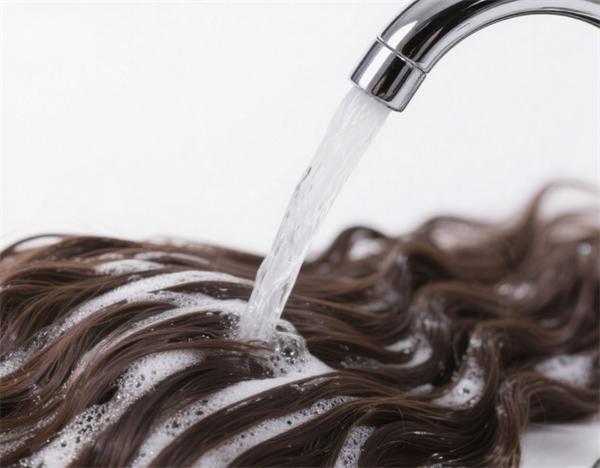
Pour out the dirty water. Rinse the synthetic wig with running cold water. Gently move the hair when rinsing. Let water flow evenly through each hair fiber strand. Make sure all foam and leftover detergent are gone. No using hot water because the high temperature will deform or harden the hair of wigs.
5️⃣Conditioning
To make the synthetic wig smoother, add a small amount of conditioner to clean, warm water, soak the wig for 3-5 minutes, and then rinse with cool water.
6️⃣ Blot dry
Prepare a clean, soft, lint-free, dry towel. Gently lay the rinsed, clean synthetic wig flat on the center of the towel. Then, use the edge of the towel to gently cover the unit. Gently press, but don't rub. Repeat this process several times until the towel no longer absorbs noticeable water.
7️⃣ Drying and Styling
Place the wig on a wig stand and let it air dry naturally. Avoid direct sunlight and high-temperature hair dryers to prevent deformation.
❤️Washing Steps for Alternatives Without Water❤️
Applicable to: Cornstarch, Dry Shampoo
These two alternatives do not require water and quickly clean the wig by absorbing grease and dust from the wig's surface. They are suitable for temporary degreasing and surface dust removal when going out or when the wig is only lightly soiled.
1️⃣ Comb the wig
Similar to the first step above, just use a wide-tooth pick to gently detangle the wig from ends to roots, ensuring there are no knots—this helps the wig shampoo alternatives distribute evenly.
2️⃣ Apply the dry cleaning product
For cornstarch: Sprinkle a thin, even layer of cornstarch over the entire wig, focusing on oily areas (e.g., the root or hairline).
Dry Shampoo: Typically, hold the bottle 6-8 inches from the synthetic wig/human hair wigs, but refer to the product instructions for your exact distance. Then spray with a thin layer (remember not to overspray, as this may leave a white residue).
3️⃣ Massage and Absorb
Use your fingertips or a soft brush to gently massage the cornstarch/dry shampoo into the wig hair, or use a soft brush to work it in evenly. Let it sit for 2-3 minutes to help absorb oil, dust, and light stains.
4️⃣ Remove excess product
Shake the wig gently to dislodge loose powder, then use a clean wide-tooth comb or soft brush to sweep away any remaining cornstarch/dry shampoo. Brush in the direction of the hair to avoid tangling.
5️⃣ Style as needed
Once excess product is removed, the synthetic wigs and human hair wigs will appear cleaner and fluffier. No drying time is needed—you can put it on immediately.
How Often Do You Need To Wash Your Wigs?
For synthetic wigs: Every 10-12 wears, we need to wash them.
For human hair wigs: Every 7-10 wears, we need to wash them.
But the exact frequency of wigs depends on how often and how long you wear them. In general, synthetic wigs don’t need to be washed as often as human hair wigs do.
Related search: How Often Should Human Hair Wigs Be Cleaned
What Are The Signs That It's Time To Wash Your Wig?
If your human hair wigs and synthetic wigs show any of the following symptoms, it's time to wash it:
✅It feels stiff, dry, or has lost its natural flow
✅It has excess styling product buildup, weighing it down
✅It starts to develop any unpleasant odor
Final Words
In short, when the wig shampoo in your home is used up, please stay calm. According to the amount and size of your wig stains and your personal situation, choose a suitable wig shampoo substitute.
Related search:

